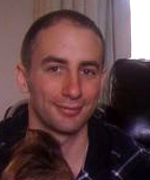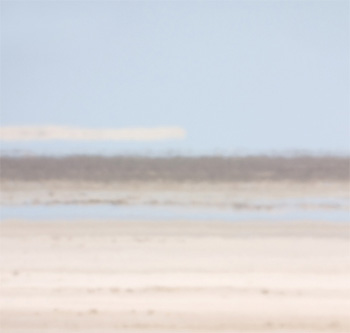 “ASIO don’t seem to realise how privileged they are compared to intel orgs in other Western democracies,” tweeted terrorism researcher Andrew Zammit (pictured) yesterday.
“ASIO don’t seem to realise how privileged they are compared to intel orgs in other Western democracies,” tweeted terrorism researcher Andrew Zammit (pictured) yesterday.
Zammit is a researcher at the Global Terrorism Research Centre (Monash University) and Australian Policy Online (Swinburne University), and he was responding to my blog post from yesterday, “Insulted, ASIO? That’s not really the problem, surely?†and the attached podcast.
Here are his subsequent tweets, turned into continuous prose:
CIA for example has ongoing congressional oversight (of actual operations) as opposed to our occasional parl[iamentary] inquiries, people can FOI CIA docs only a few years old (ASIO has 20-30 year exemption) and some of the CIA’s analytical roles are transparent, as in analysts will have CIA business cards whereas even an ASIO kitchen hand’s identity will be kept secret. And CIA isn’t even a domestically-focused agency. So yes, ASIO needs to be less precious about being asked questions.
I agree. From the perspective of the United States I’m a foreign national, yet I’ve spoken with officers from the FBI, NSA and the Secret Service — all of whom had business cards with their full names. The closest I’ve gotten in Australia is chatting briefly with a DSD chap, one of two attending Linux.conf.au in January this year — given names only, and I suspect that those given names were really in scare quotes.
The excuse always given is “operational security”, but I do think the world has changed. The tools and methods are surely not so different from SEKRIT agencies to private-sector security companies and even analysis in non-security realms, given that so much technology is now available off the shelf to all comers.
Surely these days OPSEC is more about protecting sources and the specific operations that are or are not being conducted?
Of course I really don’t know this stuff. I’ve never worked in this field. I’ve never even held a security clearance. I’m just an interested bystander mouthing off. But I am intrigued.
 One of the more amusing information security stories last week was the news that CIA director John Brennan’s personal email account at AOL had been taken over by a couple of young hackers.
One of the more amusing information security stories last week was the news that CIA director John Brennan’s personal email account at AOL had been taken over by a couple of young hackers.


